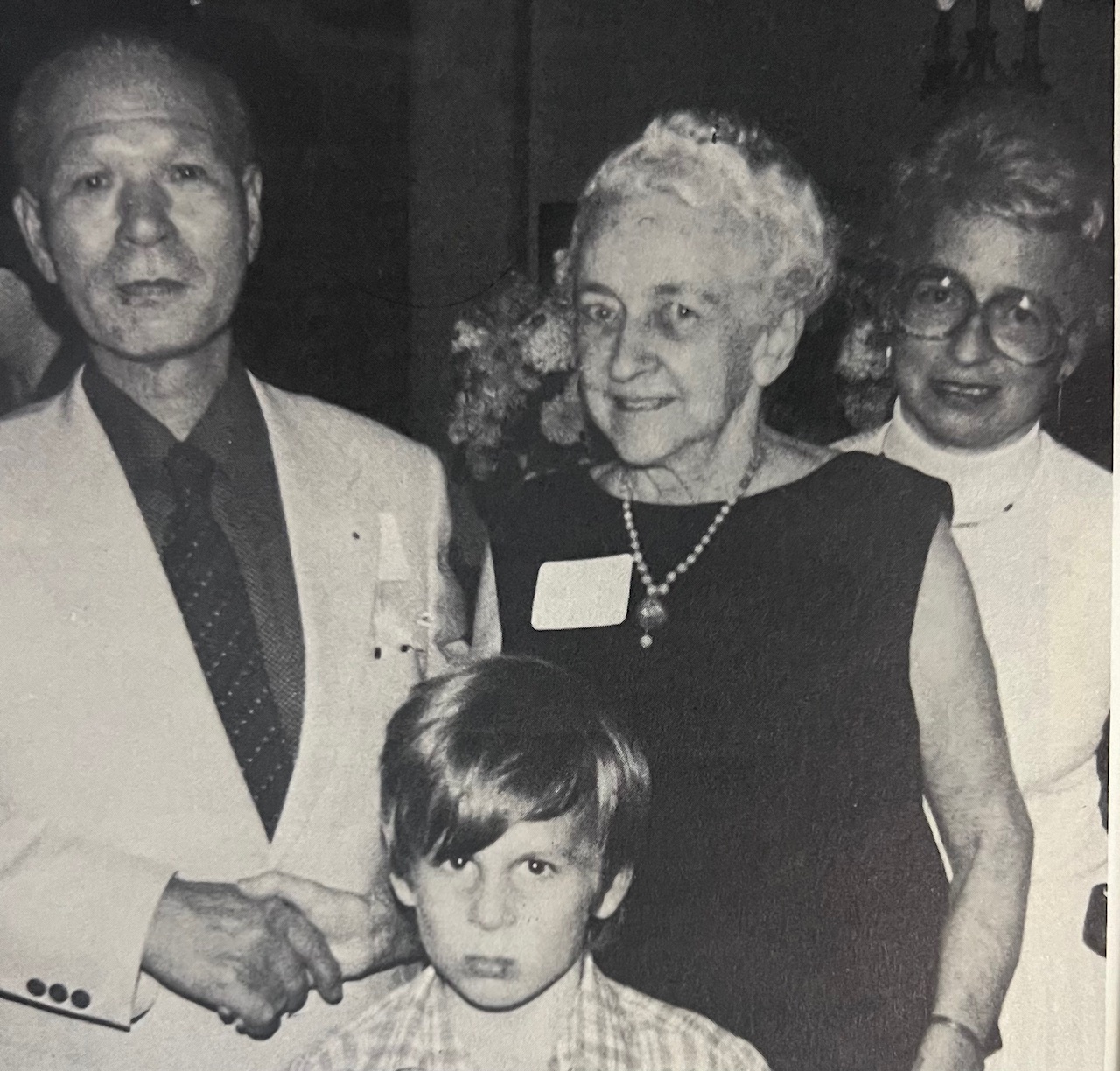A savior called 'Bunshiyocho'

It was an anomaly at a time when aggression was the norm. But to expats at Camp Holmes in Baguio City, they had it easy relative to their counterparts in other internment camps in the Philippines. Such respite from abuse was all due to their commandant Rokuro Tomibe.
Katherine Ream Sobeck, in an account, attested to Tomibe’s compassion and humane treatment of the internees. She recognized that without Tomibe, they would not have staved off hunger. Thanks to Tomibe, they were able to retrieve the crucial Red Cross packages.
So they wouldn’t have to deal with further suffering, Tomibe would ask them to feign discontent in the presence of high-ranking officials visiting the camp to ensure their already meager rations stayed undiminished.
The escape of two internees who fled to the jungles to join the guerrilla movement led to Tomibe’s removal. But he did not stop from looking after the internees. Other internees, Natalie Crouter, James Tyson, and James Halsema, also heaped praise on Tomibe for his acts of kindness, noting that he represented the best of Japanese culture.
Immediately after the war, the internees returned the favor by saving Tomibe from being prosecuted for war crimes.
When there was excessive misery and hopelessness, Tomibe, whom Camp Holmes internees endearingly called “bunshiyocho”, was the glimmer of hope needed and clung to through war’s end.